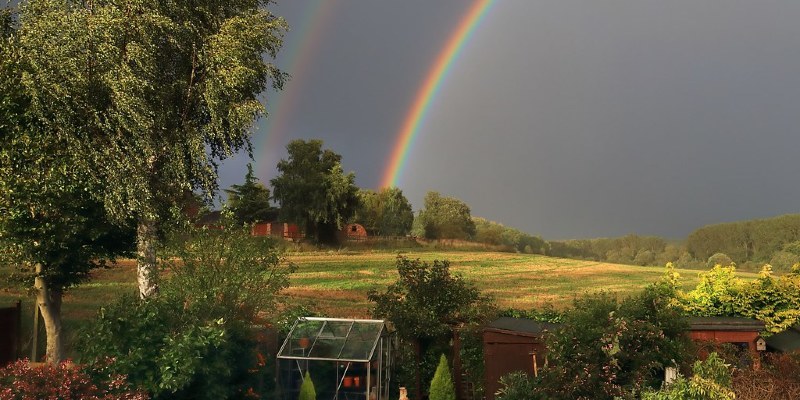Fences covered in vines make a lush backdrop to your own garden. Selecting the ideal vine means understanding the terms into which you’re raising the plant. Soil conditions, sunlight pattern and whether you need to give support to this vine prior planting it near a fence all play a role in determining what is ideal for your lawn.
Tolerant
Cross vine (Bignonia capreolata) is a strong utility vine. It prefers sunlight to grow its bright, trumpet-shaped blossoms that grow in groups of two to five, but it may also tolerate shade planting. It isn’t fussy about its soil conditions, growing happily in average soil that drains well. This easy vine also does not need extra support, because cross vine climbs almost anything, using the nails at the conclusion of its tendrils to cling to fence substances. It grows well in U.S. Department of Agriculture plant hardiness zones 5 through 9.
Tenacious
Carolina jessamine (Gelsemium sempervirens), also known as poor man’s string, evening trumpet flower or yellow jessamine, is a robust perennial climbing vine suitable in USDA zones 7 through 8. This vine is almost indestructible, climbing over and up constructions, such as fences, easily and quickly. It prefers sun to bloom well, but also tolerates shade. The vine produces bright yellow blooms set against shiny dark green leavesthat can be particularly attractive when viewed unwanted with its bright red berries. Carolina jessamine is poisonous if ingested.
Unusual Flower
Purple passionflower (Passiflora incarnata), also referred to as apricot vine, purple passion vine or Maypop, creates intriguing and delicate flowers. The petals of this flower are not solid; rather, they extend from the center of this flower in slim tendrils, lending an airy and delicate quality to the vine. The vine does not require extra support to develop, simply utilizing the fence to advancement vertically. Purple passionflower prefers sunny circumstances, though it also grows in partial shade. Its soil requirements are easy, since it tolerates dry to moist soil. This perennial vine is hardy in USDA zones 7 through 10.
Showy Flowers, But Requires Support
Bright, tubular blossoms in dark coral and red add a pop of colour against your fence line. Trumpet honeysuckle (Lonicera sempervirens), also called woodbine or coral honeysuckle, is particularly suited to chain link fences, because it requires air circulation to prevent issues with powdery mildew. This climbing perennial vine flowers in spring and red berries follow when the bloom is spent. Trumpet honeysuckle prefers sunlight, although it can tolerate partial shade, and moist soil. When first planted, trumpet honeysuckle needs some training to get it started growing on a fence. This vine grows well in USDA zones 6 through 9.
